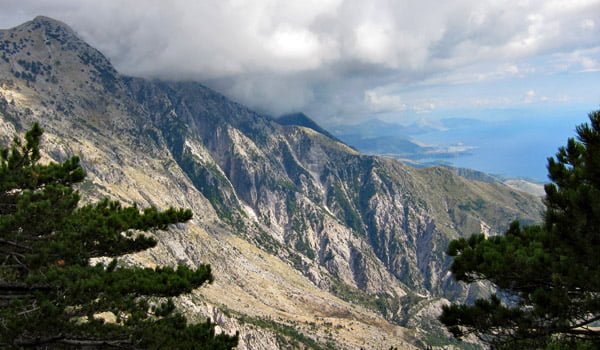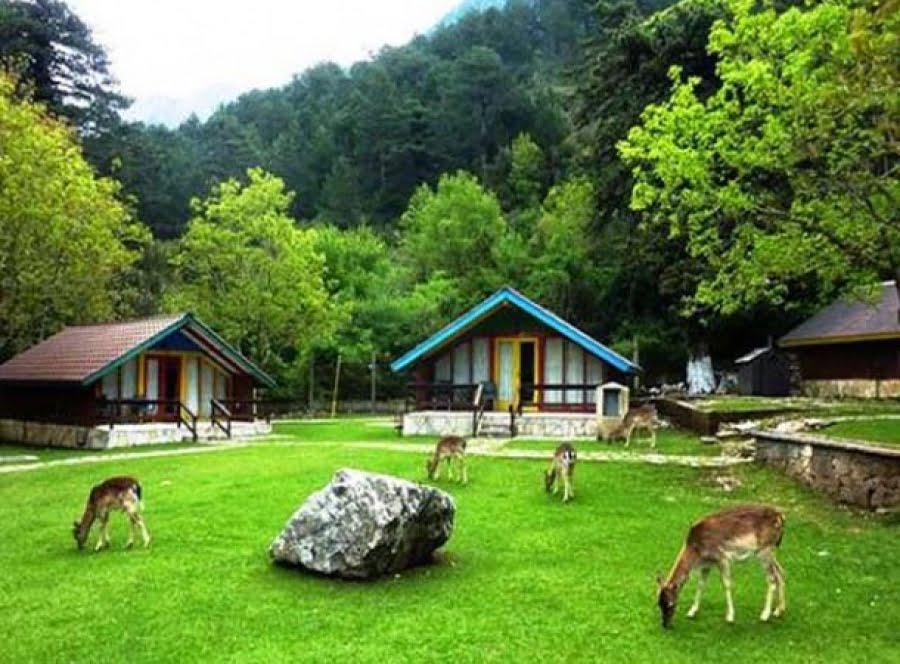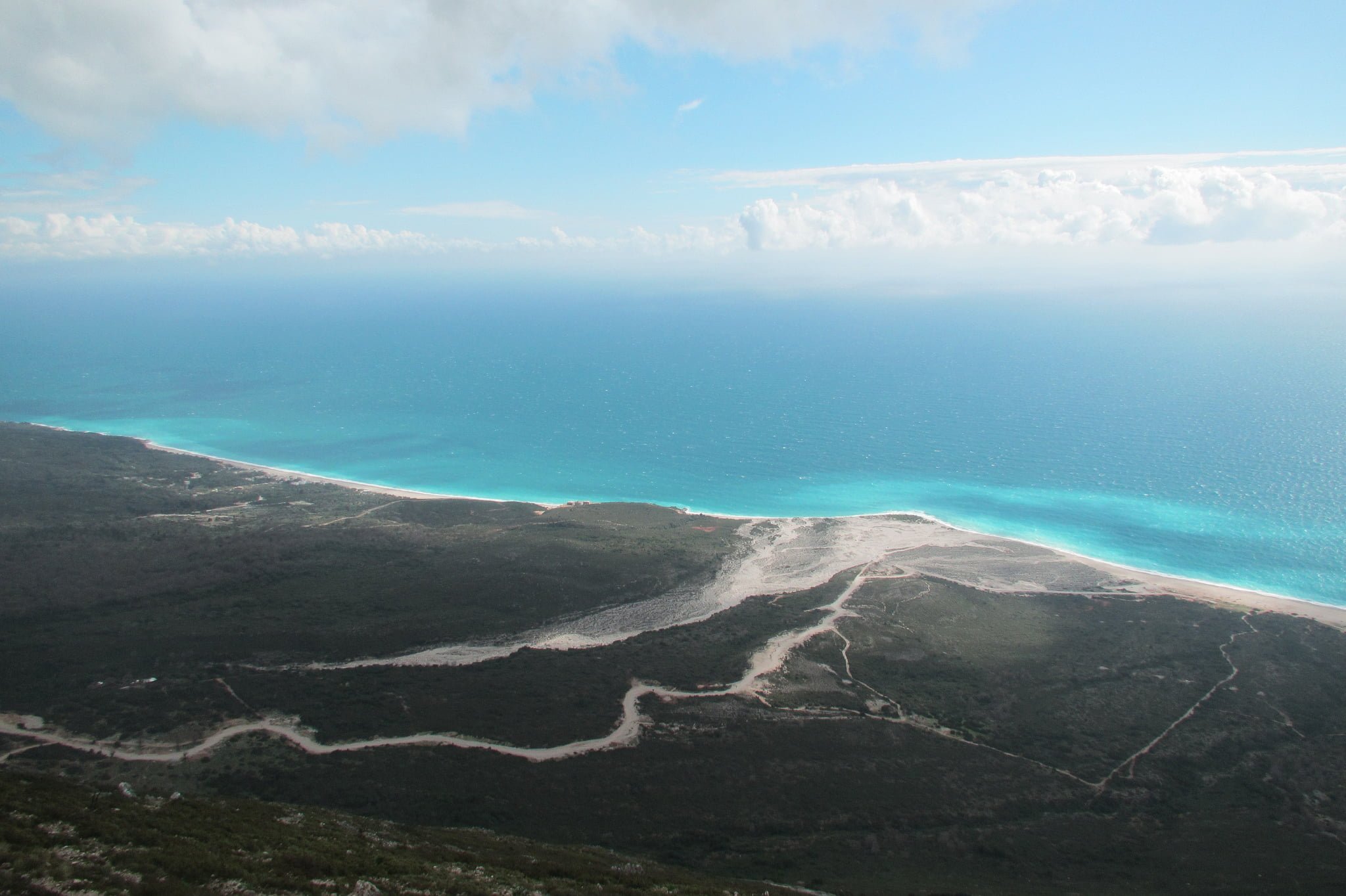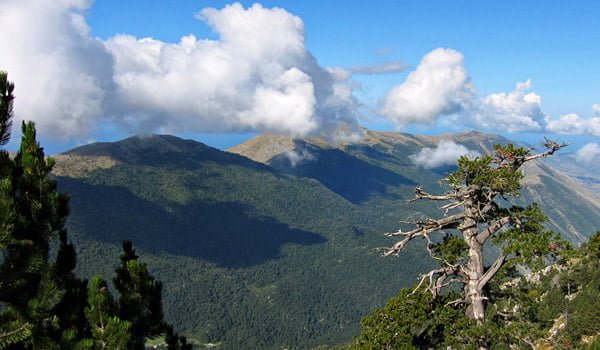Meet the clients at hotel’s lobby. Departure for trip to the main interesting objects of Vlora & Llogara
Vlora – also known as Vlore or Valona - is a south - Albanian city of approx. 94,000 inhabitants and one of the oldest Albanian cities. Albania’s 2nd largest port is situated here, the largest one is situated in Durres. Vlora is situated at the Bay of Vlorë, and is surrounded by mountains. A particularity of this bay it is that it is considered as the frontier between the Adriatic Sea and the Ionian Sea. The island of Sazan is close-by, at the entrance to the Bay of Vlorë. Italy is just 70 miles away. All around the town you’ll find gardens and olive groves.
While you are in Vlora you could visit :
-The Museum of Independence the building where Albanian independence was proclaimed on 28 November 1912. This building is shown as well on the 500 Albanian leke banknote since 1996.
-The Mosque of Muradie,This sultan-style mosque is an rather important religious monument for the locals. The dome that was built in 1542 by the architect Mimar Sinani and is build of carved stone. This monument is well known because of the harmonious distribution of its windows.
-Flag square , Monument of Independence & Bay of Vlora & Kuz Baba to enjoy the scenery of the city from the above the hill.
Llogara is a national park in Albania declared since 1966 by the Albanian Government. The park covers an area of 1,010 hectares (2,500 acres) and protects the forests on the north side of the Llogara Pass between a height from 470 to 2,018 m (1,542 to 6,621 ft) above sea level. In the park can be found many black pine (Pinus nigra) trees,Bosnian pines (Pinus heldreichii), Bulgarian fir, (Abies borisii-sign) and ash trees (Fraxinus).
Air currents around the area have caused trees to bend in many interesting shapes, like the Pisha e Flamurit.
Along the road are several restaurants, hotels, and a small wooden cabin complex. The area of the park and the surrounding mountains are used mainly for hiking and tracking tours. A paragliding site serving annually as an international competition venue is located south of Llogara. Along the twisting road are several local vendors of honey and mountain tea. Caesar’s Pass (Qafa e Cezarit) named after Julius Caesar who set foot in the area in pursuit of Pompey is also located near Llogara Pas.




